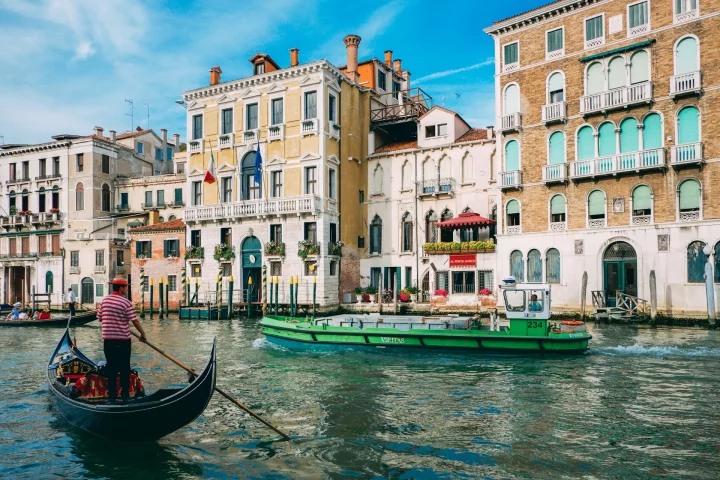Italy, a land of timeless beauty and cultural richness, beckons dreamers worldwide. The path to Italian citizenship is more than bureaucratic steps; it’s a journey to your ancestry and past. In this guide, we explore not just the legal aspects but also the rewards that await those who claim their Italian identity.
1. Ancestral connection
For individuals of Italian ancestry around the world, the journey to Italian citizenship often begins with jus sanguinis—the right of blood. It’s a meaningful way to reclaim your family’s legacy by tracing your lineage through parents or grandparents, and honoring the roots that connect you to Italy.
Holding dual citizenship and an Italian/European passport isn’t just about legal status; it’s about connecting with your ancestors. It’s the joy of knowing that your grandparents’ stories, their laughter, and their resilience flow through your veins.
2. The Judicial Route
The 1948 Rule poses a unique challenge for those with Italian female ancestors who gave birth to the next in line before 1948. According to Italian laws, you may not be entitled to Italian citizenship. Nevertheless, several successful judicial cases demonstrate that pursuing legal action in court could be an option.
3. Marriage and Residency
- Italian citizenship by marriage: Love transcends borders, and marrying an Italian opens the door to citizenship. To qualify, you must be married to an Italian citizen for 3 years (or 2 years if you reside in Italy). This time requirement is halved if the couple has children.
- Italian citizenship by Residency: You must live in Italy for 10 years (or 4 years if you’re an EU citizen).
Take advantage of specialized assistance to secure your passport for a borderless future.
Embrace the Advantages
Travel Freedom: With Italian citizenship, you hold one of the world’s strongest passports. Explore 172 countries visa-free, but more importantly, feel the thrill of stepping onto Italian soil as a citizen, not just a visitor.
Education and Work: Study affordably in Italy, unlocking doors to knowledge and growth. Work without restrictions across the EU.
Healthcare and Community: Access universal healthcare, knowing that Italy cares for its own.
As you embark on this transformative journey, remember that Italian citizenship isn’t merely about passports—it’s about belonging. Imagine strolling through ancient streets, savoring espresso, and feeling the warmth of a community that celebrates life. Your dual citizenship isn’t just a legal status; it’s an invitation to experience la dolce vita—the sweet life that awaits you.
And to obtain Italian citizenship, io.citizen is at your disposal. Contact us now and start the journey towards your rights.






